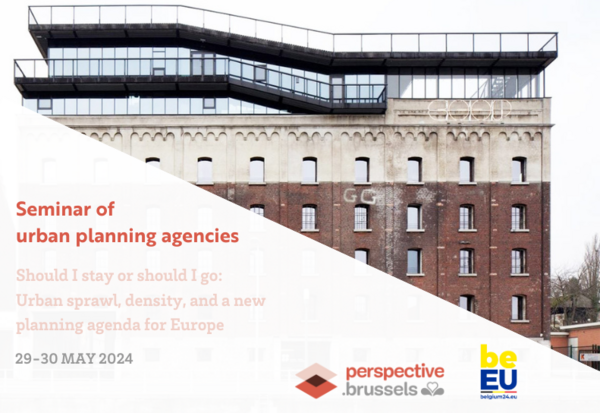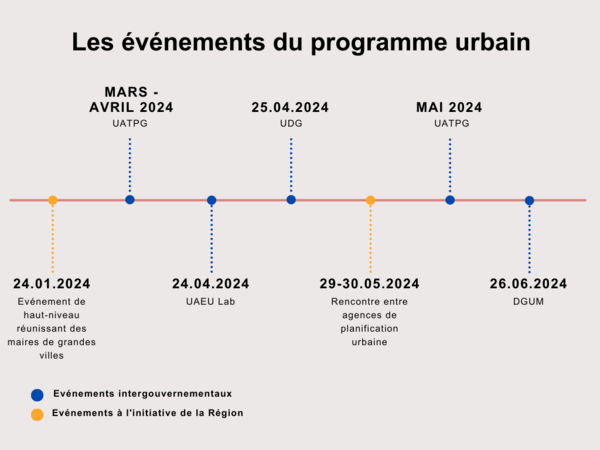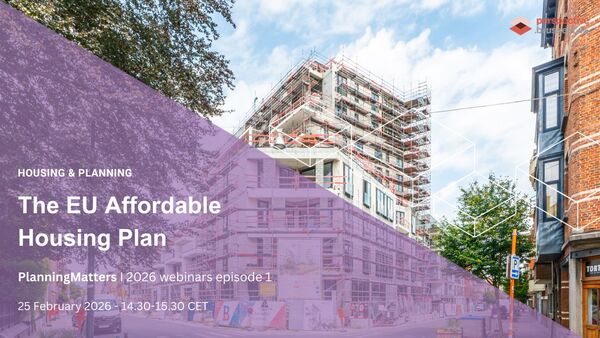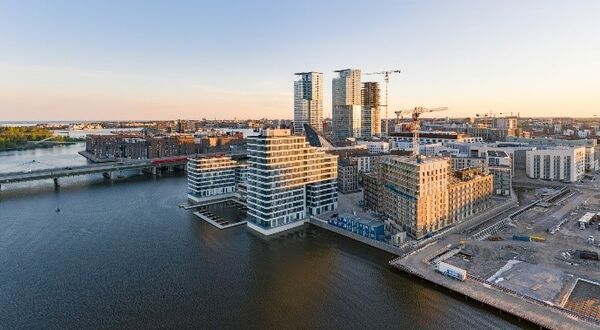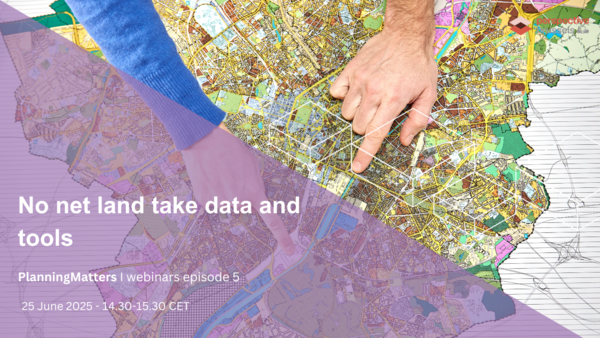- Home
- Urban projects
Urban projects
The territory of the Brussels-Capital Region is constantly developing. Learn more about our urban projects (French or Dutch)
- Urban issues
Urban issues
Housing, facilities, economy, land... perspective.brussels collects and analyses the data essential to the development strategy of the Region. Learn more about these urban issues (French or Dutch)
- Statistics and analyses
- Planning tools
- Who are we?
Perspective organises the first European seminar for planning agencies
Posted on 4 June 2024
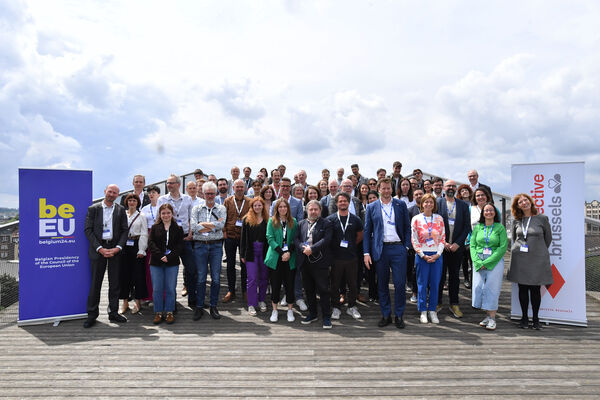
© dircom_ycoppenssprb-gob
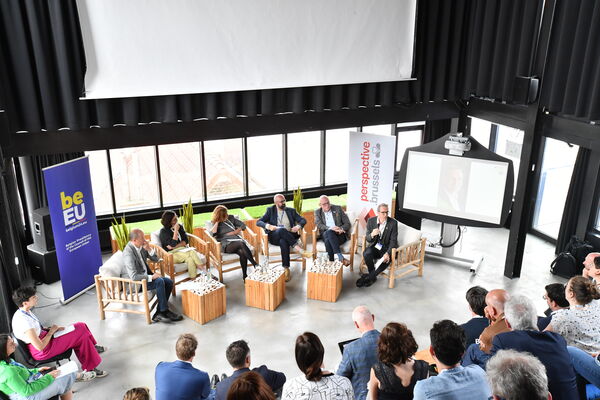
© dircom_ycoppenssprb-gob
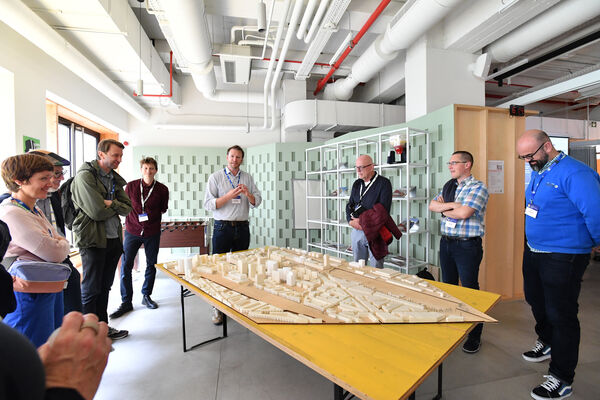
© dircom_ycoppenssprb-gob
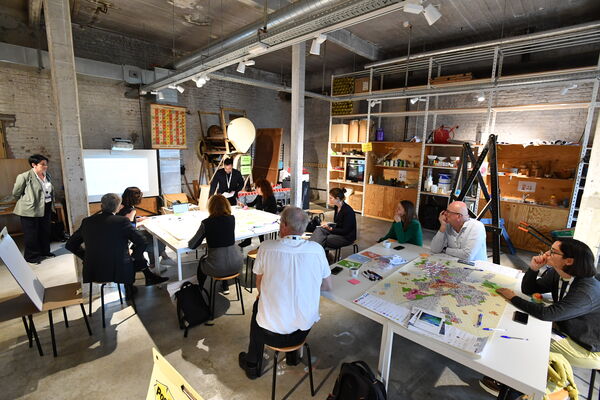
© dircom_ycoppenssprb-gob
As part of the Belgian presidency of the EU, Perspective took the initiative of organising the first European seminar bringing together urban planning agencies and administrations. Some fifty participants from planning agencies, city networks and the European Commission met in Brussels on 29 and 30 May.
As cities continue to grow and environmental issues become increasingly important, urban planning agencies play a major role. Perspective has seized the opportunity offered by this presidency to strengthen contacts between European urban planning agencies, with the aim of exchanging views on their professions and on their role in meeting global challenges.
The meeting addressed the major, common challenges of urban sprawl, qualitative density and a new planning agenda for Europe.
A varied programme for interactive exchanges
Field visits, workshops and panel discussions fostered interactive exchanges on the role of urban planning agencies in meeting the challenges ahead, and on how urban planners can better make their voices heard by EU institutions.
The event was punctuated by a speech from Philippe Bihouix, Deputy Managing Director of the AREP Group and an expert in the energy transition and resource management. He presented his concept of the stationary city, aimed at reducing the ecological impact of cities by making better use of existing buildings. Other speakers from Amsterdam, Barcelona, Prague, the Brussels Region, the Metrex and FNAU networks and the European Commission discussed the links between urban planning and European policies.
Participants' voices come together
At the end of these discussions, four clear priorities emerged:
- Identify the appropriate scale for achieving the "net zero artificialisation" objective, particularly in functional urban areas, in order to effectively combat urban sprawl;
- Identify the dimensions of qualitative density, using the compact city model highlighted by the new Leipzig Charter. Optimising places and buildings, intensifying usage, and sharing and transforming public spaces, buildings and existing infrastructures have been identified as themes to be explored and pursued;
- Strengthen the representation of planning agencies at European level, so that their messages are better heard by European institutions;
- Strengthen the dialogue between European institutions and urban planners and agencies when drawing up and implementing EU regulations and policies that have an impact on cities.
These priorities are reflected in the conclusions of the Belgian presidency of the EU presented at the meeting of the Directors-General on Urban Matters of the 27 Member States on 26 June 2024.
